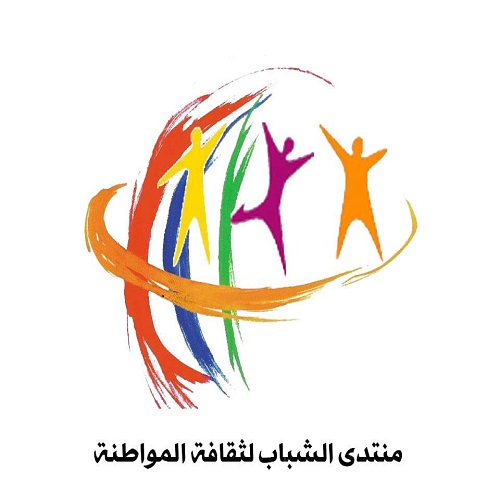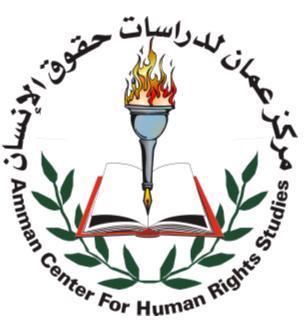Jordanian universities are suffering from low levels of academic freedom and from lack of independence from the political power, resulting in a total absence of shared governance practices that creates an environment in which decisions are taken at the political level, without involvement of the relevant stakeholders, whose participation is limited to day-to-day operations, but also in the absence of unions for academics and professors. This is against the internationally recognised standards of human rights, in particular right to participation in decision-making, freedom of thought, right to education and right to assembly and association as descending from the International Convention on Civil and Political Rights (ICCPR), the International Convention on Economic, Social and Cultural Rights (ICESCR) and their Protocols, but also against the core principles and rights connected to academic freedom, in particular university’s institutional autonomy, as resulting from the UNESCO Recommendation Concerning the Status of Higher Education Teaching Personnel and the Amman Declaration on Academic Freedoms and the Independence of the Institutions of Higher Education and Scientific Research. In addition, the Jordanian National Strategy for High Education and Scientific Research (2014-2018), under the first axis on good governance and universities management, promotes academic freedom as a way to develop positive university environment. However, since the adoption of the strategy the situation in universities did not change.
Furthermore, Jordan also suffers from a little degree of participation of youth in decision-making and in political life. Jordan is a country where almost 70% of the population is below the age of 30 and, out of them, almost 45% of the youth is enrolled in university. Despite this, the degree of youth participation in political and public life is limited: education is not empowering them to be good citizens and the university environment does not allow them to think critically.
On the basis of the Jordanian Universities Law no. 20 of 2009 (university law) and its Amendments, the governance of universities is on the hands of the “university council” and the “faculty council”, at each faculty level. Those bodies are not independent from the political power and neither fully representative of students, academics and professors. In particular, the “university council” is formed by several components of whom only the teaching staff representative is elected by professors and academics, while all the other members are either appointed with royal decree or nominated upon decision of the board of trustees or of the President of the university. On the other side the “faculty council” is more independent as regard its composition, but it is representative only of the teaching staff. Moreover, the main administrative body is represented by a “board of trustees”, formed by 12 members (14 for private universities) appointed by royal decree, upon recommendation of the Prime Minister. Also the President of the University is appointed in the same way, while the deans are appointed by the board of trustees, upon recommendation of the President. All this contributed to have an environment that is not independent from influence of the political power that leads to nomination of people close to the government’s positions and ideas, to underrepresentation of academics, professors and students in the university’s bodies and that, in the long run, hinder the development of students as free thinkers and create barriers for their participation in decision-making.
We, at the Amman Center for Human Rights Studies (ACHRS), believe that a high degree of academic freedom in universities is necessary in order to enhance the democratic process in Jordan, because is the primary way to forge students as future citizens and to make them develop their ability to think critically. Furthermore, we acknowledge that the rate of participation in politics and in elections is low, especially among youth, who see themselves as outsiders of the political system and of the society at large. For this reason there is a need to allow students to hold elections to choose their representative in order to infuse in them new trust in democracy and making them aware that they can bring changes through the democratic process.
We believe that the advocated changes to the university law will on one side enhance the institutional autonomy of Jordanian public universities so that they will be able to determine their organisational and administrative structure. This will result also in an enhanced ability to freely identify particular university’s priorities and needs and decide the content and forms of teaching and research. On the other side, the advocated changes to the law will bring to more involvement of students in decision-making process inside universities, which will result in shaping them as future citizens towards a more active participation in politics and in public life.
With this petition we request members of the Jordanian Parliament to take actions to make amendments to the Jordanian Universities Law no. 20 of 2009, in particular:
- Reform article 9, par. B, in a way that the members of the board of trustees will be nominated by royal decree, upon majority vote by the parliament’s education committee.
- Reform article 12, par. B and C, to nominate the Presidents of public and private university in the same way. In particular, the President should be appointed by the board of trustees as a result of elections held among the teaching staff of the various university’s faculties.
- Reform article 15, par B, in a way to introduce an election mechanism of the university’s students and graduates representative to the university council in order to enhance student participation and involvement in decision-making.
- Reform article 18, par. A, in a way that the deans of faculties will be appointed by the board of trustees, upon recommendation of the President of university as a result of internal election among the teaching staff of the relevant faculty.
- Reform article 20 to introducing par A, 5 – “Two representatives of the faculty students elected among the enrolled students in different faculty’s programs.”
- Introducing a specific article, after article 32, that will allow professors, academics, researchers and students to freely form and join unions.



